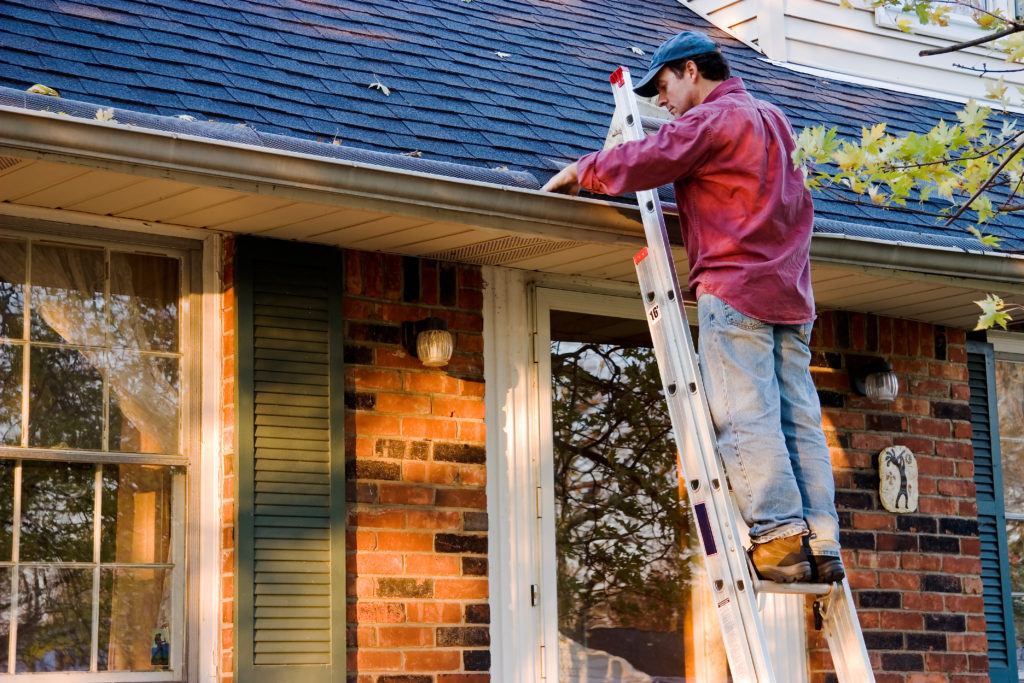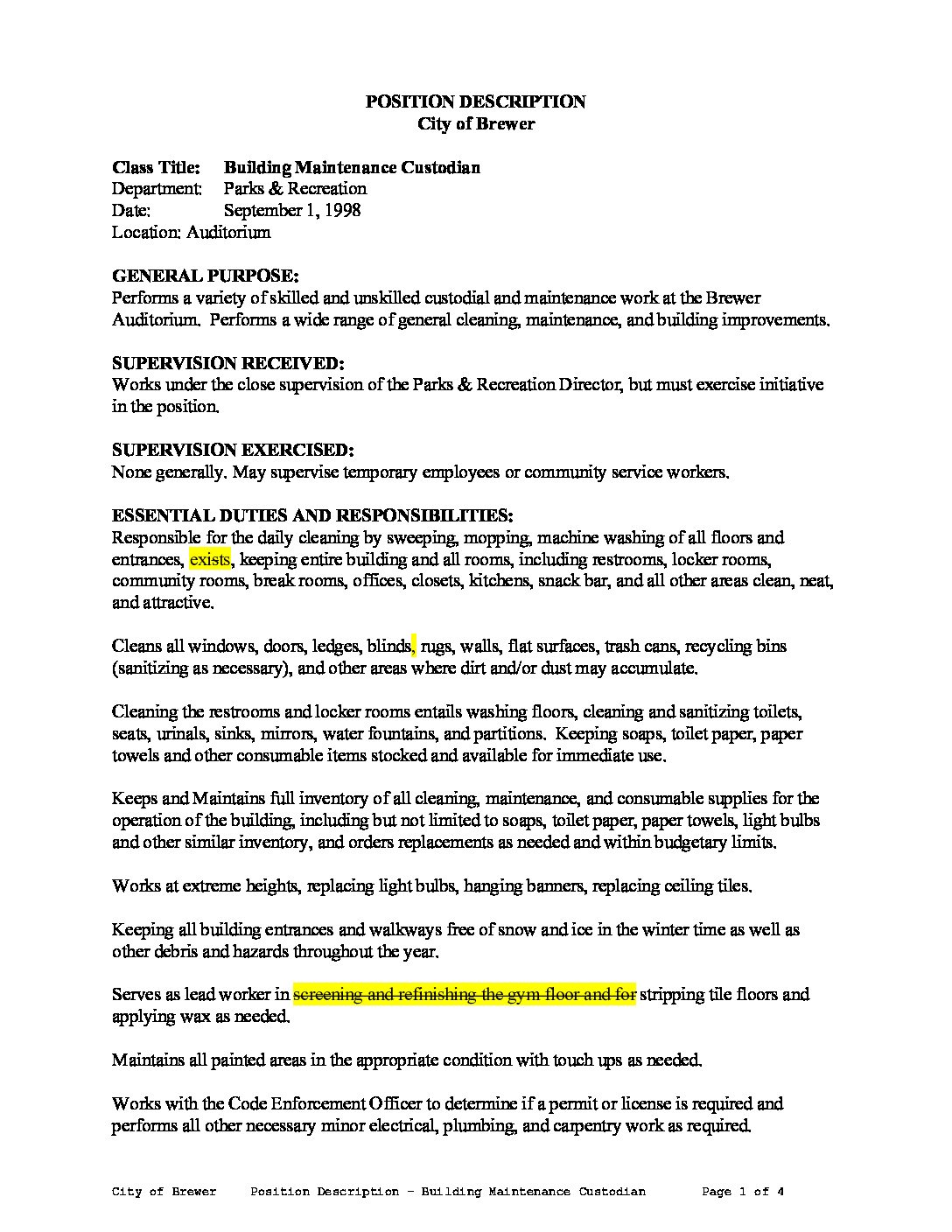Property upkeep
Effective Rental Property Maintenance Tips for Landlords

Ensuring Long-Term Success: Rental Property Maintenance Tips for Landlords
Rental property maintenance is a critical aspect of managing a successful rental business. Landlords who prioritize regular upkeep not only enhance the value of their property but also foster positive relationships with tenants. This guide offers valuable tips for effective rental property maintenance.
Regular Inspections: A Preventive Approach
Regular property inspections are the foundation of effective maintenance. Conducting routine checks allows landlords to identify potential issues before they escalate, saving both time and money in the long run. Addressing minor repairs promptly prevents them from turning into major problems.
Create a Comprehensive Maintenance Schedule
Establishing a well-organized maintenance schedule is essential. This includes regular tasks such as HVAC system checks, gutter cleaning, and pest control. By creating a comprehensive plan, landlords can stay on top of essential maintenance activities and ensure that nothing falls through the cracks.
Prioritize Safety Measures
Safety should always be a top priority. Regularly inspect safety features such as smoke detectors, carbon monoxide detectors, and fire extinguishers. Ensure that all safety equipment is in good working condition, providing a secure environment for tenants and complying with legal requirements.
Landscaping Matters: Curb Appeal and Property Value
The exterior of a rental property is the first impression for potential tenants. Investing in landscaping not only enhances curb appeal but also contributes to the overall value of the property. Regular lawn maintenance, tree trimming, and exterior cleaning are key components of a well-kept property.
Promptly Address Tenant Requests
Responsive communication is crucial when it comes to property maintenance. Landlords should encourage tenants to report any issues promptly, and equally important, address these concerns in a timely manner. This not only maintains tenant satisfaction but also prevents small problems from turning into major headaches.
Budgeting for Maintenance Expenses
Smart financial planning includes budgeting for maintenance expenses. Landlords should set aside a portion of the rental income for ongoing maintenance and unexpected repairs. Having a dedicated budget ensures that the property remains in top condition without causing financial strain.
Energy Efficiency Upgrades
Consider incorporating energy-efficient upgrades into your maintenance plan. Upgrading to energy-efficient appliances, installing programmable thermostats, and improving insulation not only reduce utility costs but also attract environmentally conscious tenants.
Stay Informed About Local Regulations
Understanding and complying with local regulations is crucial for landlords. Some areas may have specific maintenance requirements or guidelines. By staying informed, landlords can avoid legal issues and ensure that their property meets all necessary standards.
Professional Partnerships for Specialized Maintenance
For tasks that require specialized knowledge or skills, forming partnerships with professional service providers is advisable. Whether it’s plumbing, electrical work, or pest control, relying on experts ensures that maintenance tasks are handled efficiently and up to code.
Conclusion: A Proactive Approach to Rental Property Maintenance
In conclusion, adopting a proactive approach to rental property maintenance is a key factor in the long-term success of any landlord. Regular inspections, a comprehensive maintenance schedule, and responsive communication with tenants contribute to a well-maintained property. By following
Balancing Act: Navigating Maintenance Responsibilities

Balancing Act: Navigating Maintenance Responsibilities
Living in a rented property comes with the shared responsibility of maintenance between landlords and tenants. This delicate balance requires open communication, a clear understanding of each party’s obligations, and a commitment to fostering a harmonious living environment. In this article, we explore the dynamics of maintenance responsibilities, offering insights into how both landlords and tenants can navigate this crucial aspect of shared living.
Understanding the Maintenance Agreement: Clear Guidelines
The foundation of successful maintenance management is a clear understanding of the maintenance agreement outlined in the lease. Landlords typically specify which maintenance tasks fall under their responsibility and which are the responsibility of the tenant. This section of the lease agreement serves as a reference point for both parties, guiding them on their respective roles in property upkeep.
Landlord Responsibilities: Providing a Safe and Habitable Space
Landlords bear the primary responsibility for maintaining the overall safety and habitability of the rental property. This includes ensuring that essential systems such as plumbing, heating, and electrical are in working order. Additionally, landlords are typically responsible for addressing structural issues and making repairs that are crucial to maintaining the property’s livability.
Tenant Responsibilities: Day-to-Day Upkeep and Reporting Issues
Tenants play a vital role in day-to-day upkeep and the timely reporting of maintenance issues. Routine cleaning, garbage disposal, and minor repairs are often the responsibility of the tenant. Equally important is the prompt reporting of any maintenance issues to the landlord. This proactive communication allows landlords to address problems before they escalate, ensuring the property’s well-being.
Communication: The Key to Successful Maintenance
Open and transparent communication is the linchpin of successful maintenance management. Both landlords and tenants should feel comfortable discussing maintenance concerns, reporting issues promptly, and seeking resolution collaboratively. Establishing effective communication channels helps build trust and ensures that maintenance responsibilities are addressed in a timely and efficient manner.
Emergency Maintenance: Swift Action for Urgent Issues
Certain maintenance issues require immediate attention due to their potential to cause harm or significant damage. Landlords should provide clear guidelines on what constitutes emergency maintenance and how tenants can report urgent issues outside regular business hours. Swift action in these situations is crucial to mitigate any potential hazards.
Routine Inspections: Preventive Measures for Property Health
Landlords may conduct routine inspections to assess the property’s overall condition and identify any maintenance needs. These inspections are typically scheduled in advance, providing tenants with notice. Tenants should cooperate with these inspections, addressing any identified issues promptly to maintain the property’s health and prevent minor concerns from becoming major problems.
Tenant-Requested Repairs: Navigating the Process
When tenants request repairs, landlords should establish a straightforward process for handling such requests. This process may involve submitting written requests, providing necessary details, and setting realistic expectations regarding response times. Tenants, on the other hand, should communicate their requests clearly and provide any relevant information to facilitate the repair process.
DIY Maintenance for Tenants: Knowing Limits
While tenants may be responsible for certain day-to-day maintenance tasks, it’s essential
